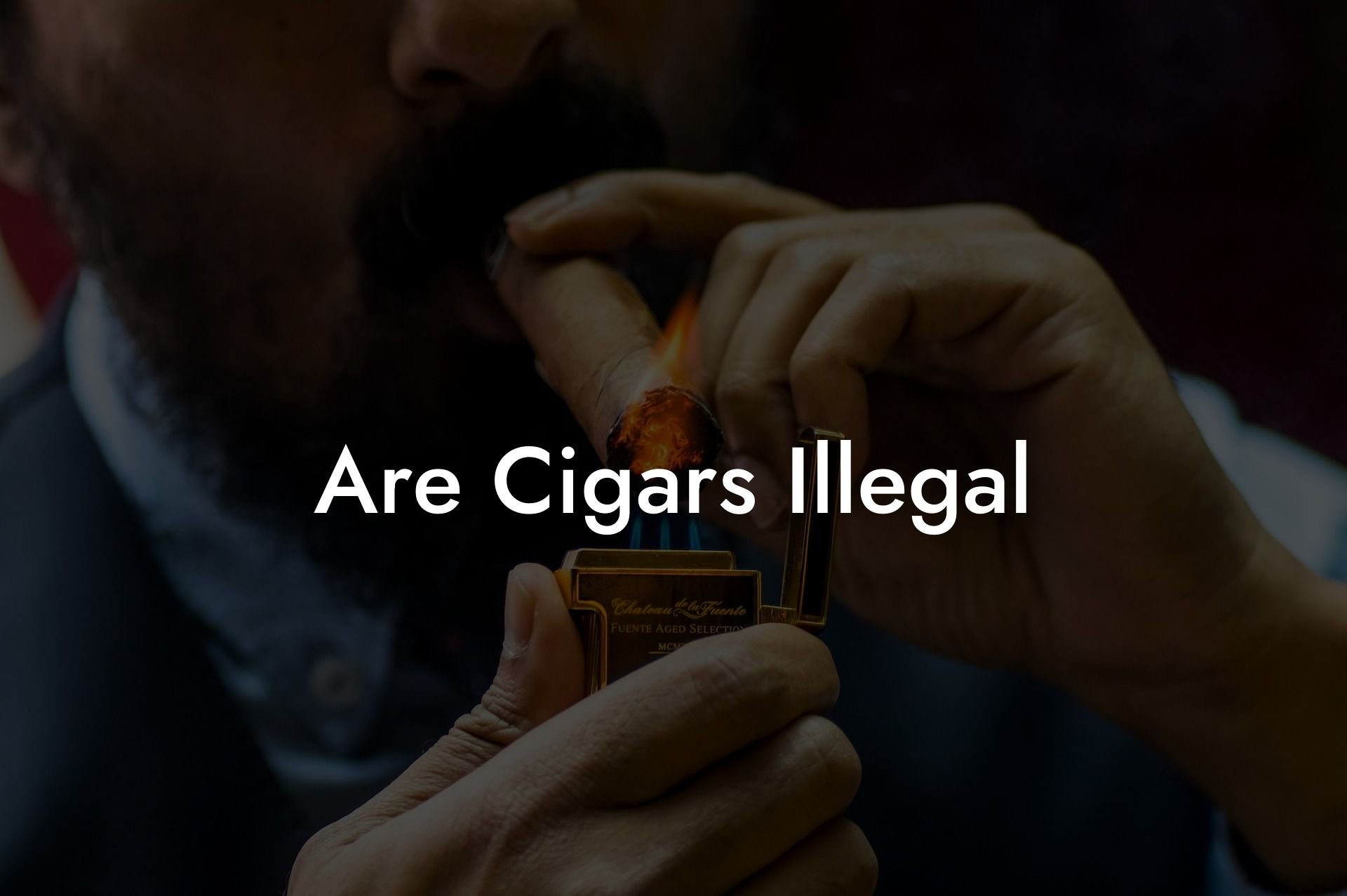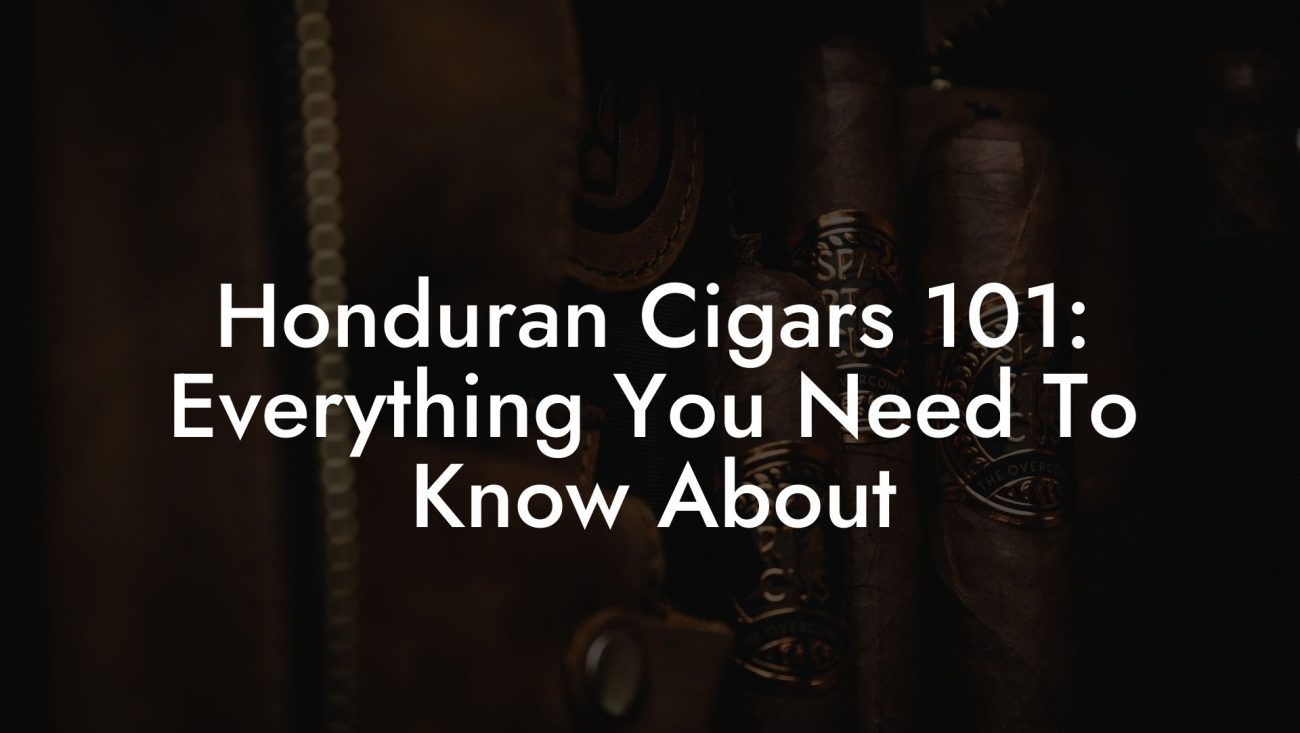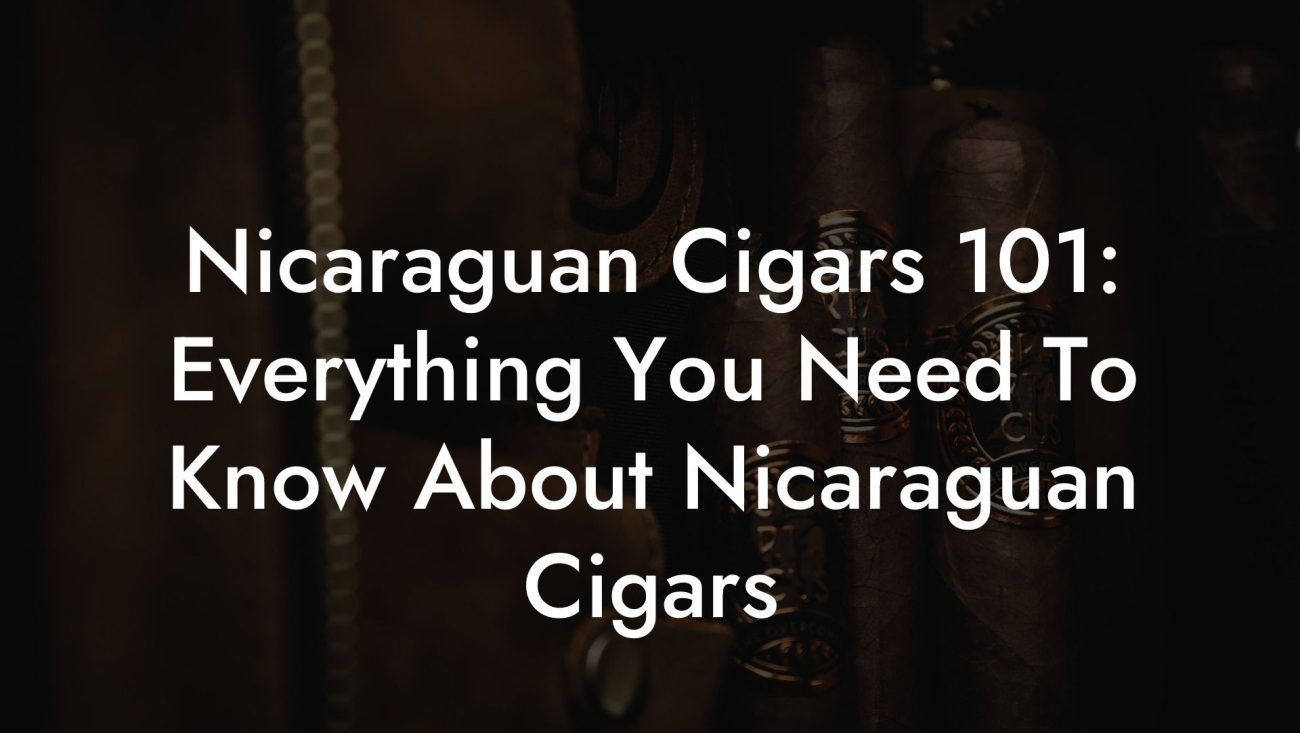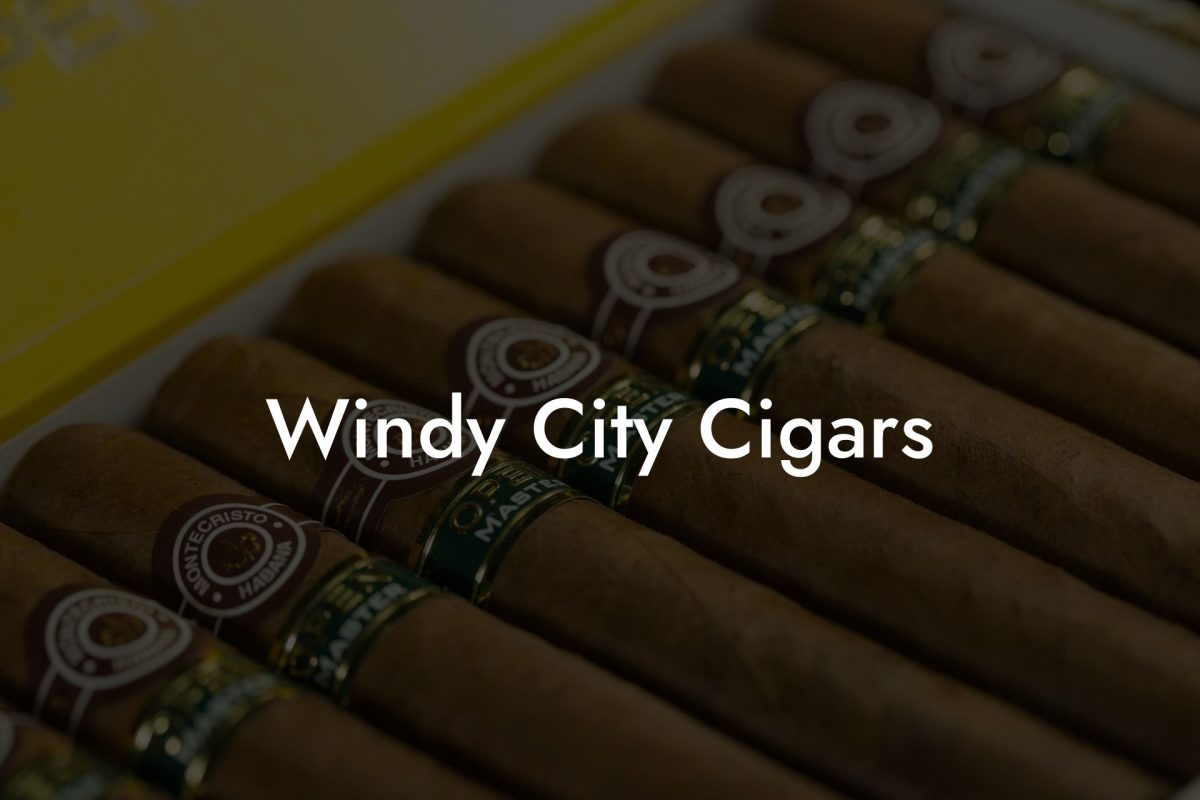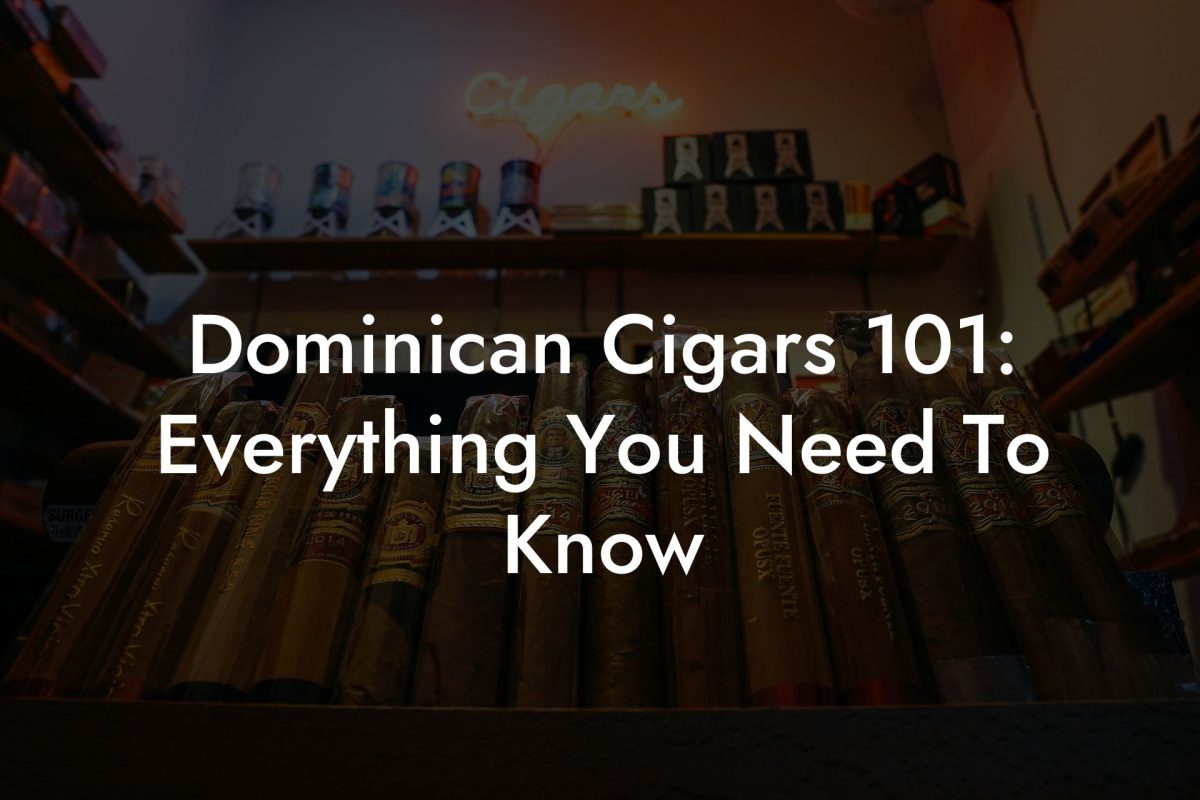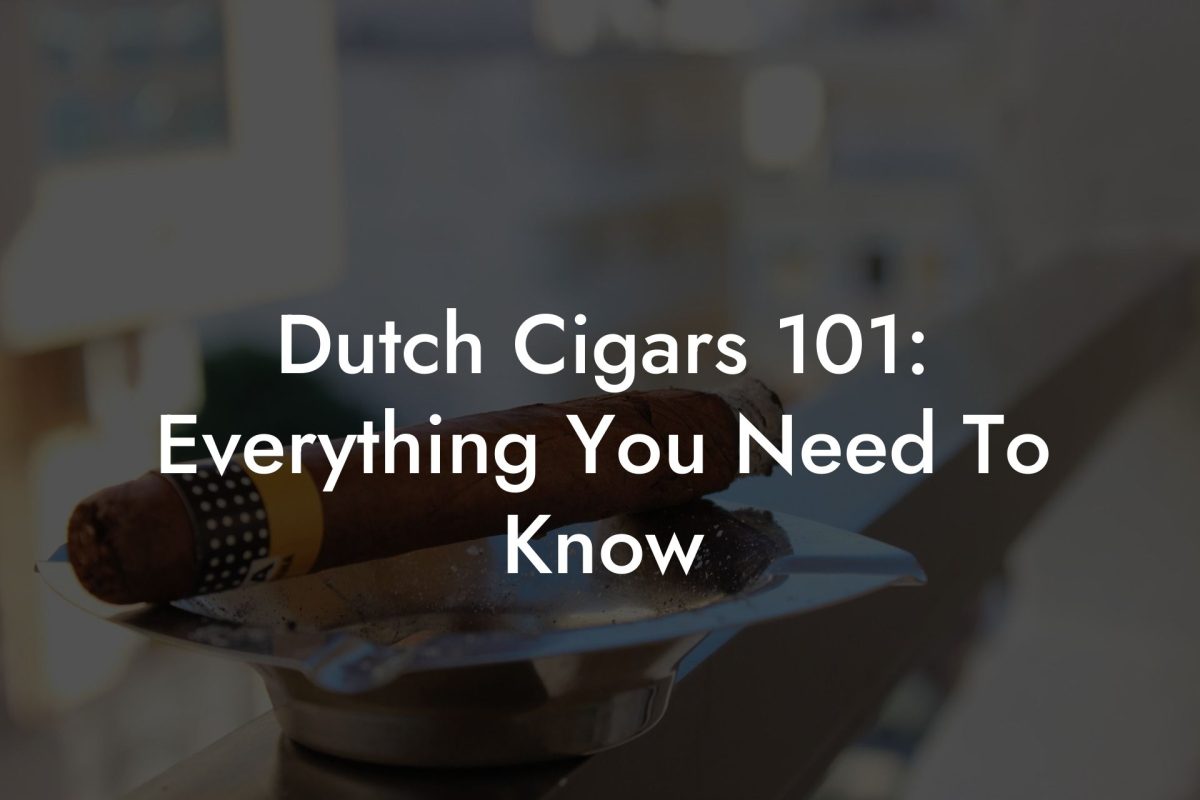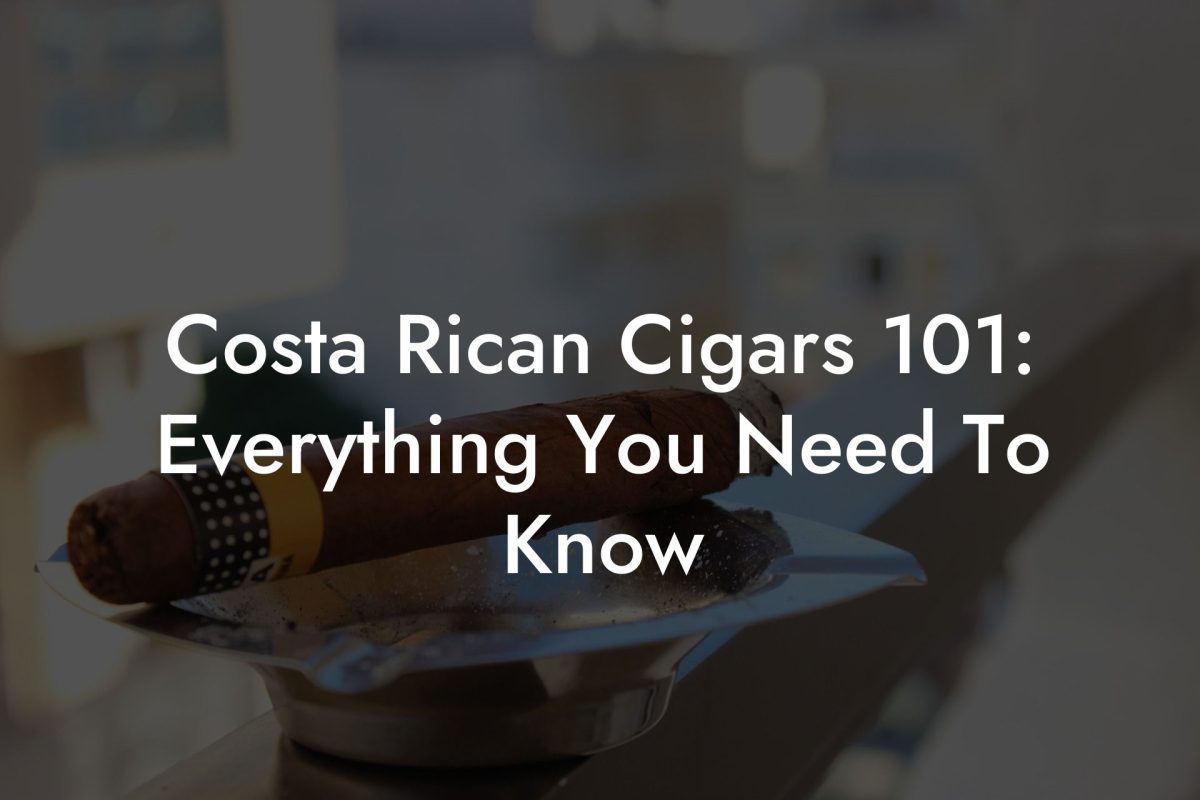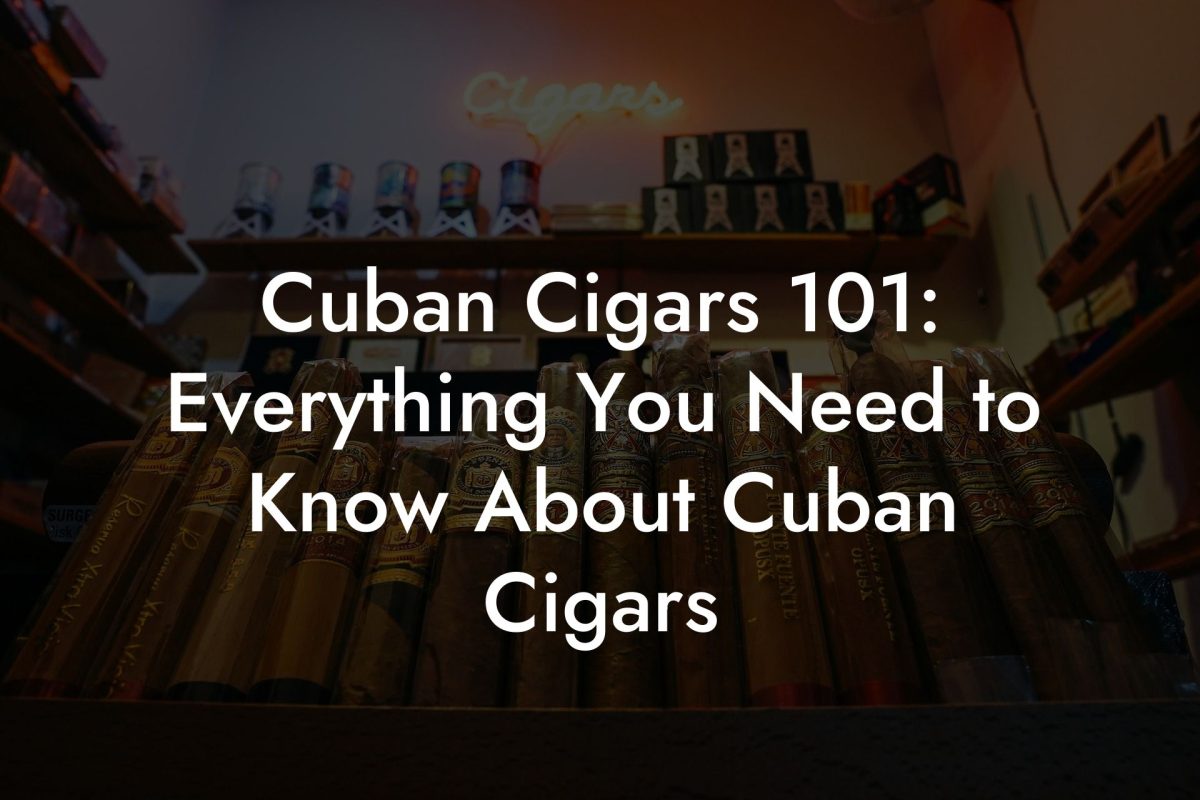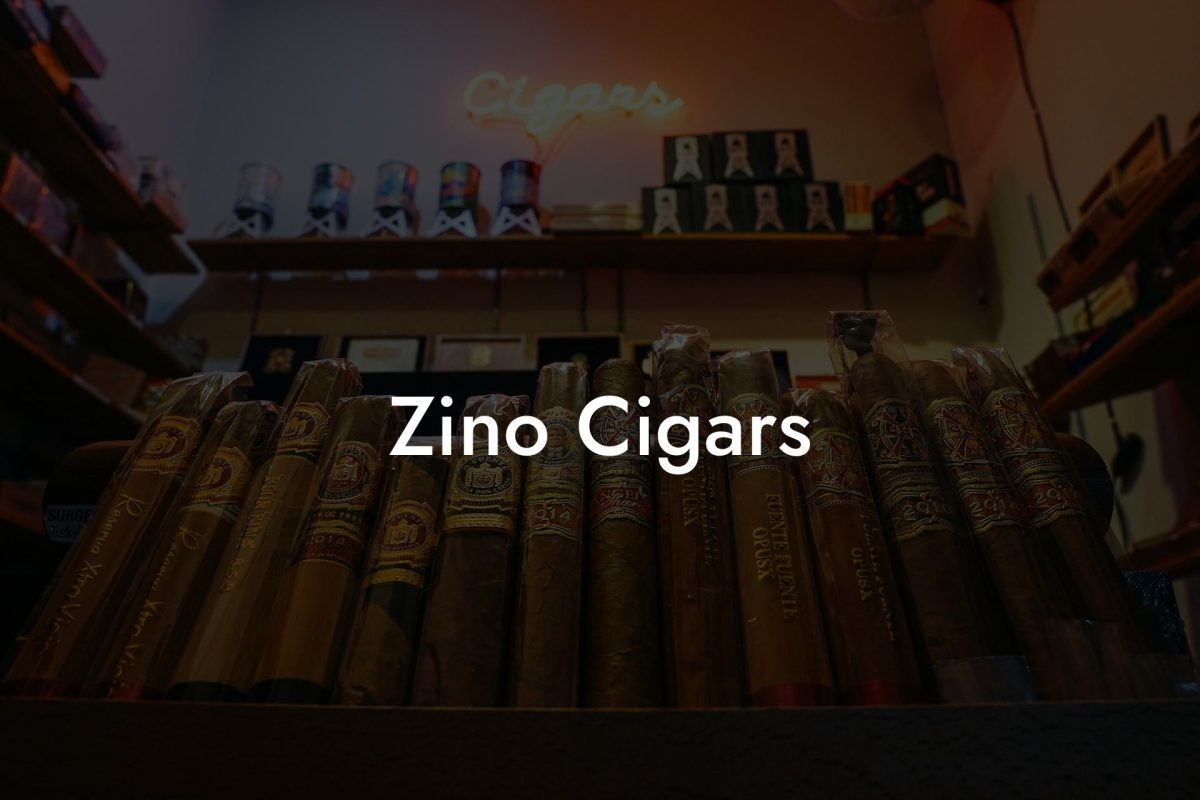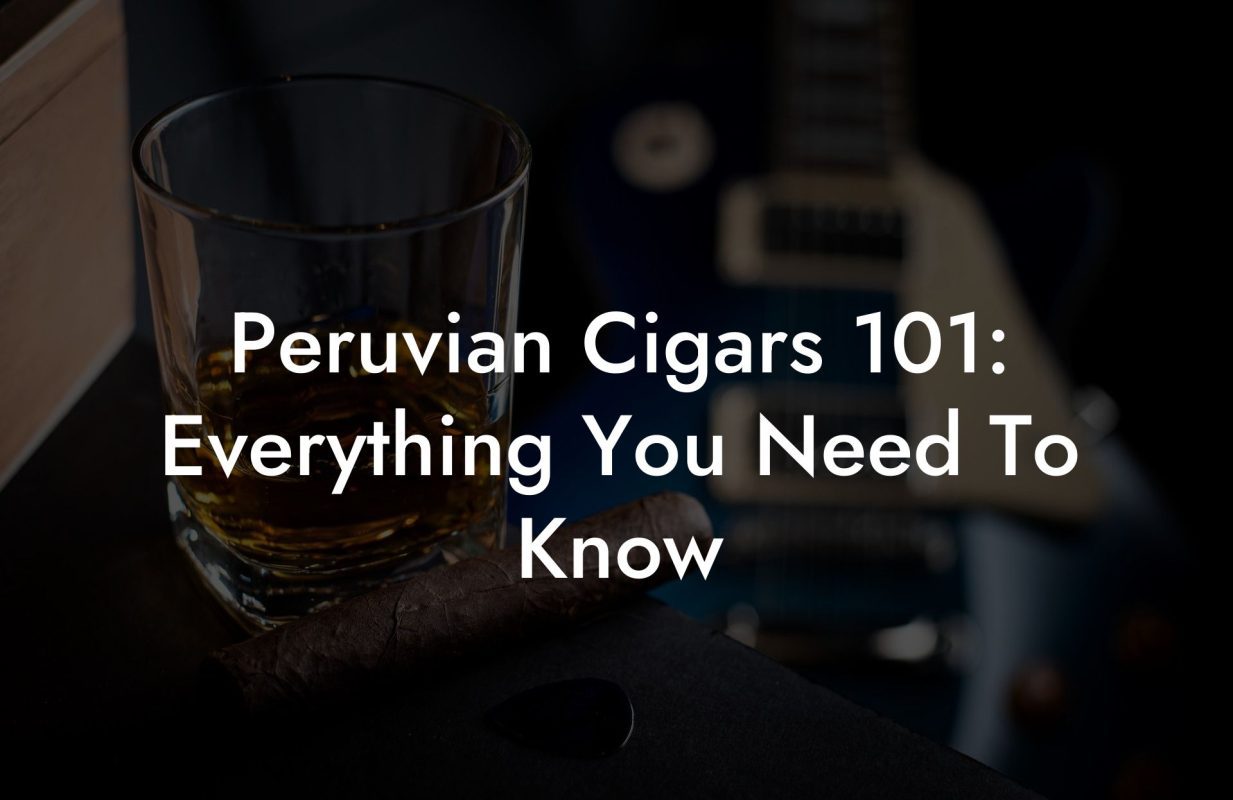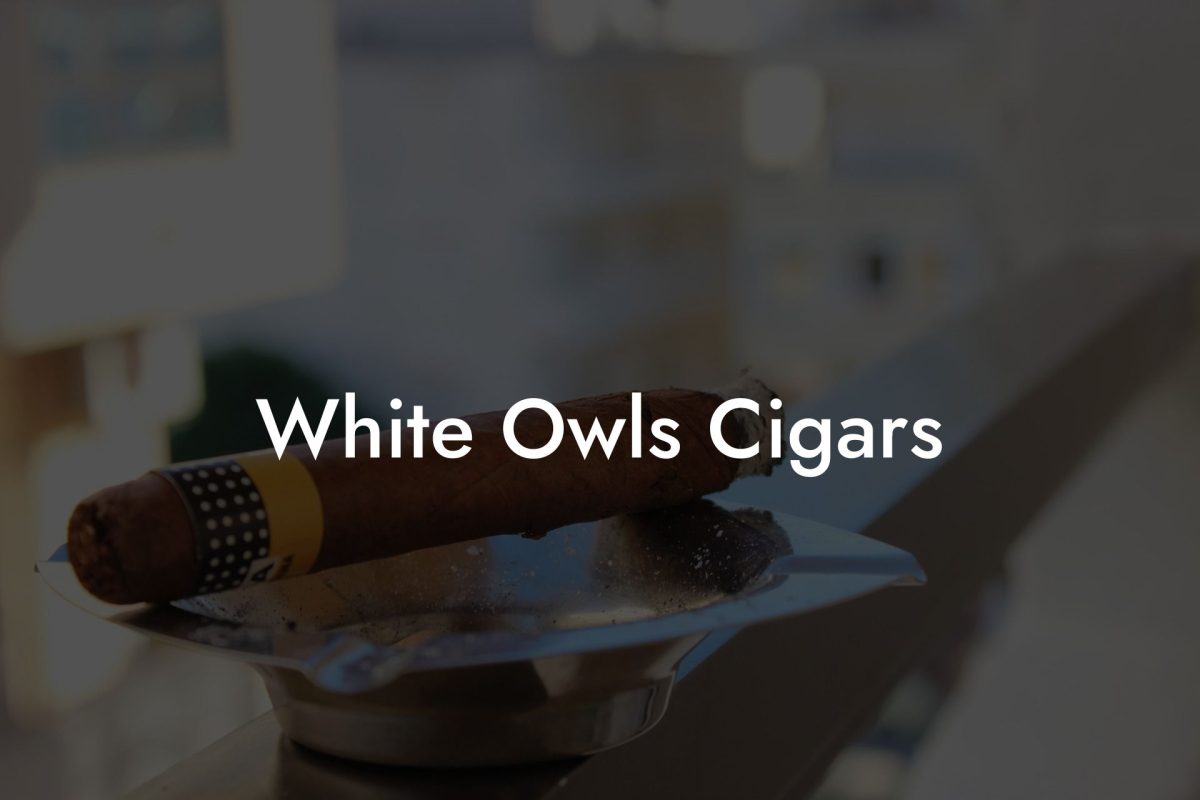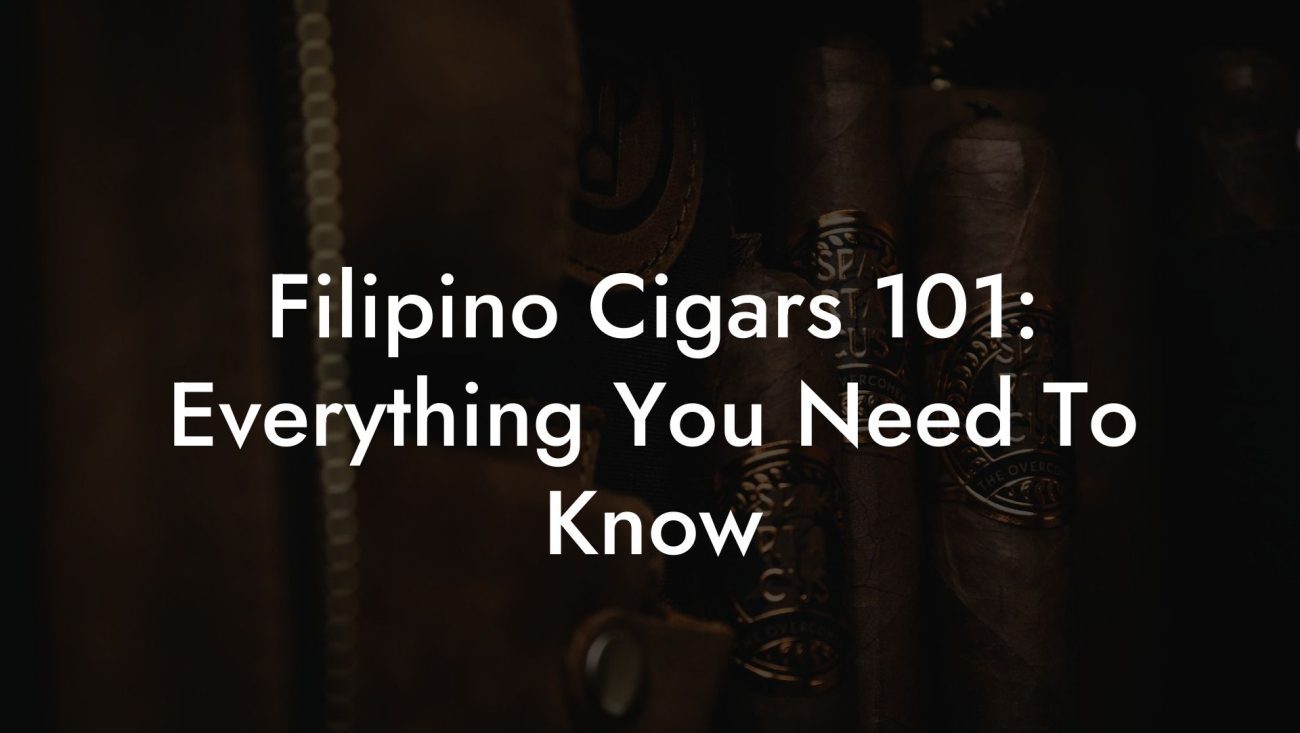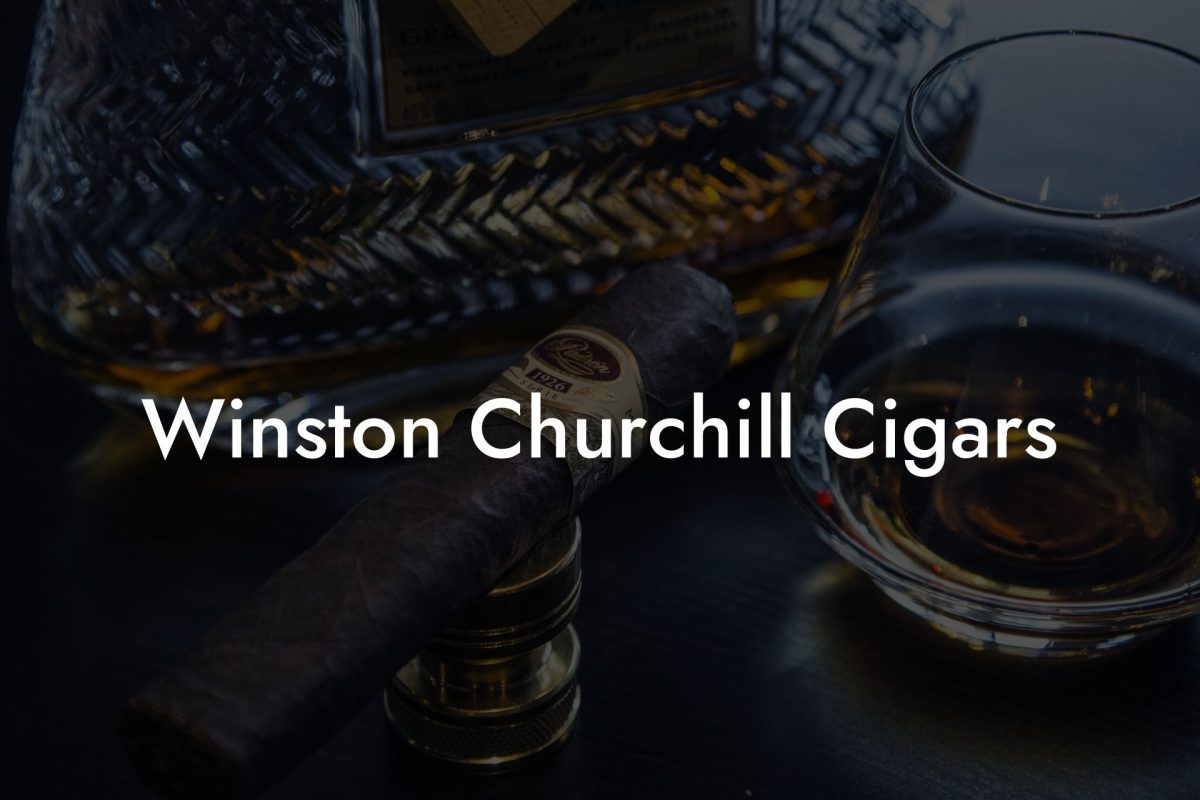Ever wondered if those meticulously crafted, aromatic sticks of tobacco, the cigars, are somehow walking on the wild side of the law? Grab your favorite artisanal coffee or craft soda, and settle in for a deep dive into the world of cigars, where history, law, and culture collide in a surprisingly chill conversation. We’re talking about a subject that has sparked both heated debates and hushed whispers over centuries: Are cigars illegal? Spoiler alert: They’re not outlawed across the board, but the reality is nuanced, steeped in tradition, and subject to regulations that might just make your head spin like a premium cigar in a breezy Havana lounge.
Are Cigars Illegal Table of Contents
Rewriting the Cigar Narrative: Separating Myths from Facts
Cigars Through the Ages: A Historical Perspective
Are Cigars Illegal? The Straight-Up Legal Landscape
Regulatory Realities: Age Limits, Licensing, and Taxes
Global Perspectives: Where Do Cigars Face Stricter Controls?
Public Health and Social Perspectives: Balancing Freedom with Responsibility
Demystifying the Gray Areas: What Exactly Makes a Cigar Legal?
Modern Trends: Cigar Smoking in the Gen-Z and Millennial Era
Resources and Community Support: Your Next Steps
Navigating the Practicalities: Tips for the Modern Cigar Enthusiast
FAQ: Your Burning Questions About Cigars and Their Legal Status
Rewriting the Cigar Narrative: Separating Myths from Facts
When it comes to cigars, misconceptions are as common as the elaborate bands that wrap them. For centuries, these luxury tobacco products have been associated with wealth, celebration, and even rebellion. But does that rebellious image extend to them being illegal? The simple answer is no. Cigars have a storied past that transcends prohibition, one filled with cultural significance, economic impact, and, yes, an undercurrent of legal murkiness when it comes to regulation.
Although networked by an international web of tobacco regulations, cigars themselves are not illegal. Instead, they live under a set of guidelines designed to protect public health while still letting aficionados enjoy their smoky indulgences. In many parts of the world, cigars are celebrated as a nuanced art form, with enthusiasts honoring centuries-old traditions. Still, recent shifts in public health policy and global trade have sparked debates on how strictly these products should be controlled.
The following sections unpack this intricate tapestry of law, history, and culture to help you understand the legal landscape of cigars. So whether you’re a budding connoisseur or just someone curious about whether your favorite pastime might land you a court date, read on to illuminate the real deal behind the legal status of cigars.
Cigars Through the Ages: A Historical Perspective
To really grasp why cigars are treated the way they are, it’s essential to take a step back in time. The history of cigars dates back to pre-Columbian Caribbean cultures where tobacco was revered for its medicinal and ceremonial uses. When explorers brought tobacco to Europe, cigars quickly became symbols of sophistication and status.
Over the centuries, cigars were entwined with significant historical moments. They were puffed by political leaders, artists, and rebels alike. From the smoke-filled backrooms of 18th century politics to the glamorous lounges of the 20th century, cigars have always carried an aura of defiance against the mundane. But while their cool factor soared, legal oversight was always simmering in the background.
In the 1900s, as the health risks of tobacco began to surface through scientific inquiry, governments around the world started crafting policies to regulate the sale and consumption of tobacco products. Cigars, despite their premium status, were not exempted. They became part of a broader category of tobacco products, and with that, new rules emerged. The idea was not to push cigars into illegality but rather to control their distribution, marketing, and consumption to prevent abuse and protect public health.
Today, the cigar industry is a paradox of tradition and modernity, a thriving niche market that honors its storied past while adapting to contemporary regulatory pressures. The historical journey of cigars sets the stage for understanding how laws have evolved from blanket prohibitions in certain eras to the more sophisticated frameworks we see in the 21st century.
Are Cigars Illegal? The Straight-Up Legal Landscape
Let’s cut to the chase: Cigars are legal in most parts of the world, but that doesn’t mean you can light one up anywhere you please without keeping a watchful eye on the rules. Their legal status is shaped by a complex interplay of federal, state, and local regulations, along with international trade agreements.
In the United States, for instance, cigars are classified as tobacco products and are legally sold and consumed by adults (usually defined as 21 or older). The U.S. Food and Drug Administration (FDA) plays a key role in regulating the manufacturing, marketing, and distribution of these products. Similar regulatory bodies exist in Europe and other global markets, each with its own standards that balance consumer freedom with public health priorities.
However, an important nuance arises when you consider the difference between legality and unrestricted access. While cigars are legal, they are subject to numerous restrictions: strict age limits, taxes, and sometimes even warnings on packaging. These measures are all designed not to criminalize cigar smoking but to mitigate associated health risks and societal costs.
It’s also worth noting that some jurisdictions enforce stricter regulations than others. For example, while certain European nations celebrate cigars as part of their cultural heritage with comparatively looser controls, other countries implement heavy taxation and rigorous advertising restrictions to curb tobacco consumption. Thus, when we ask “Are Cigars Illegal?” we really need to ask, “Under what circumstances and in which locations?”
Regulatory Realities: Age Limits, Licensing, and Taxes
No discussion about the legality of cigars can avoid the central role of regulations. Understanding these rules is as crucial as knowing your favorite brand’s flavor profile, especially for a savvy Gen-Z or millennial consumer who likes their choices informed and ethically oriented.
First off, almost every country has set age limits for the purchase and consumption of tobacco products. In the United States, the legal age is 21, while in many parts of Europe it’s 18. These age restrictions are a critical part of tobacco control policies aimed at protecting young people from nicotine addiction. Even if you’re the responsible type who enjoys an occasional cigar on milestone celebrations, you need to know these rules.
Then there’s licensing. Retailers and manufacturers must obtain special permits to sell tobacco products, which ensures they comply with strict production and safety standards. This licensing also helps authorities monitor distribution channels, making it harder for counterfeit or unregulated products to enter the market, a crucial factor in maintaining product quality and consumer safety.
Taxes and tariffs are another key piece of the puzzle. Due to the health implications of tobacco use, many governments impose hefty taxes on cigars and other tobacco products. While these taxes help dissuade excessive consumption and fund public health initiatives, they also inflate the cost of cigars, sometimes turning a casual indulgence into a premium, almost boutique, expense.
The confluence of age limits, licensing, and taxation paints a picture of a heavily regulated industry, a framework designed not to ban cigars outright but to ensure that they are enjoyed responsibly and safely. For those of you who care about consumer rights and informed purchasing, this regulatory maze might seem daunting. But understanding it is part of being a modern, conscientious cigar aficionado.
Global Perspectives: Where Do Cigars Face Stricter Controls?
Tobacco regulations are anything but uniform, and cigars are a prime example of how legal standards vary across borders. While cigars are legal in most countries, some nations enforce stricter controls that can feel almost like an outright ban on certain aspects of cigar culture.
In many European nations, for example, cigars are embraced as a cultural artifact. Countries like Spain, Portugal, and even parts of Italy and France have thriving cigar traditions, complete with cigar lounges and festivals that celebrate the art of cigar making. The regulations here typically focus on advertising and public consumption, ensuring that while cigars remain socially accepted, their promotion is done in a controlled manner.
Contrast this with some Middle Eastern countries where tobacco laws can be draconian. In nations with conservative climates and rigorous public health policies, products like cigars face stiff restrictions on where and how they can be sold and consumed. Some places might not explicitly ban cigars but subject them to such severe taxation and advertising prohibitions that they effectively disappear from mainstream retail outlets.
Asia presents another diverse picture. In countries like Japan and South Korea, tobacco products, including cigars, are legal but their use is often restricted to designated areas, and smoking bans in public areas are strictly enforced. Meanwhile, in certain developing regions, the lack of consistent regulatory frameworks can lead to a market flooded with counterfeit or unregulated cigars, a scenario that poses significant health risks.
These global variations underscore the importance of context when discussing the legal status of cigars. What may be permissible and even celebrated in one country could be met with stern oversight or even practically shunned in another. For the modern consumer, particularly those who travel or engage with international communities (online cigar forums, anyone?), it pays to be savvy about how local laws might impact your cigar experience.
Public Health and Social Perspectives: Balancing Freedom with Responsibility
While cigars are legal, their consumption comes with a healthy dose of societal responsibility. Public health debates have long grappled with the impact of tobacco usage, and cigars are not exempt from these discussions. Governments and health organizations have repeatedly stressed the importance of smoking cessation programs and the dangers of nicotine addiction.
Despite being marketed as a leisurely, upscale pastime, cigar smoking carries health risks that can’t be ignored. Unlike cigarettes, which are often inhaled deeply, cigar smoke is primarily savored for its flavor and aroma. However, even occasional inhalation can lead to serious respiratory and cardiovascular issues over time. This is why many governments have implemented public health campaigns aimed at reducing tobacco use overall.
For many young adults, especially those influenced by a wellness-centric lifestyle, the idea of indulging in tobacco products might trigger a mental tug-of-war between tradition and modern health consciousness. Social media is rife with influencers who either glamorize the ritual of cigar smoking or actively promote tobacco-free lifestyles. This dichotomy adds a vibrant layer to the debate, blending aesthetics, lifestyle choices, and public health considerations.
Policy makers are caught in the balance between respecting individual freedoms and protecting communal health. The regulations imposed on cigars, strict packaging warnings, advertisement restrictions, and public smoking bans, are all rooted in the desire to mitigate health risks without completely erasing cultural practices. As a result, cigar enthusiasts find themselves navigating a legal terrain that encourages responsible enjoyment rather than uninhibited indulgence.
Ultimately, the conversation about cigars and their legality is as much about personal responsibility as it is about public health. By adhering to laws and practicing moderation, modern consumers can enjoy the rich tradition of cigar smoking while supporting broader societal efforts to reduce tobacco-related harm.
Demystifying the Gray Areas: What Exactly Makes a Cigar Legal?
The legal classification of cigars might appear straightforward, if it’s wrapped in tobacco, it’s legal. But when you peel back the layers, several factors reveal just how finely tuned these regulations are.
One key factor is the distinction between machine-made and hand-rolled cigars. Hand-rolled cigars, often associated with premium quality and craftsmanship, tend to be subject to different standards than their mass-produced counterparts. Regulatory authorities assess factors like production methods, ingredient disclosure, and even the origins of the tobacco used. This level of scrutiny ensures that premium cigars not only meet high-quality standards but also comply with legal definitions that separate them from other tobacco products.
Another subtle yet significant factor is the way cigars are marketed. Advertising tobacco products has become a battleground for public health advocates and industry stakeholders alike. The use of imagery that glamorizes smoking or targets vulnerable groups is heavily curtailed by law. For instance, online promotions and social media campaigns are subject to strict guidelines, forcing companies to be creative without crossing into irresponsible territory.
Packaging is also a critical area of compliance. Most jurisdictions require explicit health warnings on cigar packaging, mimicking the warning labels you’ll find on cigarette boxes. These labels are designed to inform consumers about the potential risks associated with tobacco use, and failing to include them can result in hefty fines or even bans on sale.
Such details contribute to a legal landscape where cigars exist in a regulated state, not free from oversight but not banned either. Understanding these nuances is essential, particularly for those who are passionate about cigars but also value transparency and quality in what they consume.
Modern Trends: Cigar Smoking in the Gen-Z and Millennial Era
If you think cigars are just a relic of the past reserved for silver-haired billionaires in plush lounges, think again. The modern era has seen a fascinating resurgence of cigar culture among a younger, more diverse audience. Today’s cigar connoisseurs are as likely to be millennials and Gen-Zers as they are their elders, drawing a melding of tradition with digital innovation.
This new wave of cigar enthusiasts is redefining what it means to enjoy tobacco. Social media platforms like Instagram, TikTok, and YouTube are flooded with influencers who document everything from unboxing ultra-premium cigars to hosting live virtual smoking sessions. Hashtags like #CigarLife and #PuffPuffPass have created entire communities online where aficionados share reviews, tips, and their favorite cigar lounge experiences.
And it’s not just about the smoke itself, modern consumers are increasingly conscious of everything from sustainability to ethical sourcing. Many cigar brands are now emphasizing organic tobacco cultivation, fair labor practices, and environmentally friendly packaging. In an era where every purchase is a vote for the kind of world you want to live in, these factors are more significant than ever.
At the same time, regulatory changes driven by public health initiatives continue to shape the landscape. Younger smokers are more informed and typically more health-conscious, and this duality has spurred brands to innovate. Expect to see more low-nicotine options, creative flavor infusions, and even collaborations that bridge the gap between tech-savvy lifestyles and traditional smoking rituals.
This intersection of ancient craft and modern style means that while cigars remain tethered to a rich heritage, they are also evolving to meet the demands of a new generation. So if you’re curious about cigars or already a member of this vibrant community, you’re part of a dynamic movement where legalities and lifestyle converge in surprisingly cool ways.
Resources and Community Support: Your Next Steps
Intrigued by the legal labyrinth and cultural legacy of cigars? Ready to dive deeper into this fascinating world? Here are some resources and community hubs where you can expand your knowledge, share your passion, and get support on your journey as a responsible cigar enthusiast.
Online Forums and Social Media Groups: Platforms like Reddit (subreddits such as r/cigars), Facebook groups, and dedicated cigar forums offer vibrant communities where you can ask questions, compare notes, and stay updated on legal changes and industry trends.
Cigar Blogs and Review Sites: Trusted blogs and review sites break down the nuances of cigar flavors, brands, and craftsmanship, while also discussing regulatory updates and lifestyle trends. These resources are invaluable for staying informed on both the technical aspects and the cultural phenomena surrounding cigars.
Local Cigar Lounges and Events: Check out local lounges and cigar events, these venues often feature knowledgeable staff, tasting events, and live discussions on everything from cigar history to modern legislation in the tobacco space.
Government and Health Organization Websites: For the nitty-gritty legal details and updates on tobacco regulations, visiting official websites like the FDA (in the U.S.) or your local public health department can provide accurate, up-to-date information.
Books and Documentaries: There's a wealth of literature and visual media that explore the history, art, and science behind cigars. They offer deep dives into both the celebratory aspects of cigar culture and the critical legal debates surrounding tobacco use.
As you explore these resources, you’ll not only deep dive into the legality and regulations of cigars, but you’ll also join a global conversation, a space where tradition meets innovation, and knowledge is shared freely amongst enthusiasts who believe in responsible, informed enjoyment.
Navigating the Practicalities: Tips for the Modern Cigar Enthusiast
If you’re eager to get into the cigar scene without getting tangled in legal or health pitfalls, consider these practical tips. They blend solid advice with the modern expectations of a savvy consumer:
Know the Law in Your Locale
Regulations vary widely. Whether you’re chilling in a cozy urban loft or jet-setting across borders, always familiarize yourself with local laws regarding the age limit, permitted smoking areas, and sales restrictions. It pays to do your homework before lighting up.
Prioritize Quality Over Quantity
With a market flooded with options, a discerning approach is key. Focus on quality, artisanal products produced under strict adherence to legal and ethical standards. Not only will this protect you legally, but it’ll also elevate your cigar experience.
Engage with the Community
Join forums, attend local events, and follow reputable influencers to keep abreast of emerging trends and regulatory changes. Sharing experiences and learning from seasoned enthusiasts can help you navigate both the cultural and legal landscapes of cigar smoking.
Keep Health in Perspective
While enjoying a cigar can be a refined pleasure, moderation is key. Balancing your indulgences with a healthy lifestyle is crucial. Stay informed about the known health risks associated with tobacco use and regularly check in with your healthcare provider.
Armed with these tips and a keen sense of responsibility, you can confidently enjoy cigars while navigating the evolving legal landscape. It’s all about making informed decisions and embracing the culture in a way that’s both mindful and fun.
FAQ: Your Burning Questions About Cigars and Their Legal Status
Still buzzing with questions about whether cigars are illegal or just heavily regulated? We’ve rounded up some of the most common queries to help clear up any lingering doubts.
1. Are cigars actually illegal anywhere?
No, cigars are legal in the vast majority of countries. However, they are subject to strict regulations regarding sales, age limits, advertising, and health warnings.
2. What age do you need to be to legally buy a cigar?
In most regions, including the United States and Europe, you must be at least 18 or 21 years old, depending on the jurisdiction, to purchase cigars.
3. Why are cigars taxed heavily if they’re legal?
High taxes on cigars and other tobacco products are implemented as a public health measure. The goal is to discourage excessive consumption and fund related healthcare initiatives.
4. Can local governments impose additional restrictions on cigar sales?
Yes, local governments can enact stricter regulations than those at the national level. This can include designated smoking areas, additional licensing requirements, or even outright bans in certain public venues.
5. How do regulations on cigars differ from those on cigarettes?
While both are tobacco products, regulations on cigars tend to be less stringent regarding inhalation practices. However, both categories are heavily monitored for advertising, packaging, and health warnings.
6. Are there any countries where cigars face near-total bans?
Although no major market completely bans cigars, some countries impose such strict regulations on tobacco products that cigars become nearly inaccessible in the commercial market.
7. Does the distinction between machine-made and hand-rolled cigars affect their legality?
Yes, regulatory authorities often scrutinize the production methods and quality standards differently, ensuring that hand-rolled cigars meet specific artisanal criteria while keeping machine-made versions under tight quality control.
8. Is it safe to enjoy cigars if I follow all the laws?
Legally enjoying a cigar is considered safe when done in moderation. However, it’s important to remember that all tobacco products carry health risks. Responsible consumption is always key.
9. Can I purchase cigars online?
Yes, many reputable retailers sell cigars online. That said, these transactions are governed by the same legal and regulatory requirements, so age verification and adherence to shipping laws are mandatory.
10. What should I do if I encounter counterfeit cigars?
Always buy from trusted sources and authorized dealers. If you suspect counterfeit products, report them to local authorities or consumer protection agencies.
Embracing Your Cigar Enthusiasm: The Final Puff
While the world of cigars is steeped in history, regulation, and a certain timeless cool, the bottom line is that cigars themselves aren’t illegal. What makes this topic so endlessly fascinating is not the act of smoking a cigar, but the journey through its legal labyrinth, a journey that ties together art, tradition, public health, and personal responsibility.
Whether you’re drawn to the ritual of selecting a quality cigar, the aesthetic appeal of a well-curated smoking lounge, or simply the rich tapestry of history behind every puff, knowing the legal landscape empowers you to make informed choices. It lets you break away from myths and focus on what really matters: enjoying cigars in a way that respects both tradition and modern regulatory realities.
In a world where every decision is scrutinized, from the authenticity of your vintage leather jacket to the craft behind your favorite cocktail, being knowledgeable about the ins and outs of cigar legislation is a badge of honor. It shows that you care not only about the pleasure of the moment but also about the broader implications of how products are regulated and enjoyed.
Your passion for cigars can be a gateway to deeper discussions about art, culture, and even public policy. It opens the door to meeting fellow enthusiasts who share your curiosity and your commitment to responsible enjoyment. So next time someone asks if cigars are illegal, you can confidently explain that while they are firmly within legal boundaries, our world’s approach to tobacco is a balance of freedom, tradition, and protective regulation.
With this newfound clarity, step forward into the swirling smoke of cigar culture with confidence, knowing that your informed choices contribute to a vibrant community that celebrates both heritage and modernity. Here’s to responsible smoking, lively debates, and the timeless allure of a well-crafted cigar!

